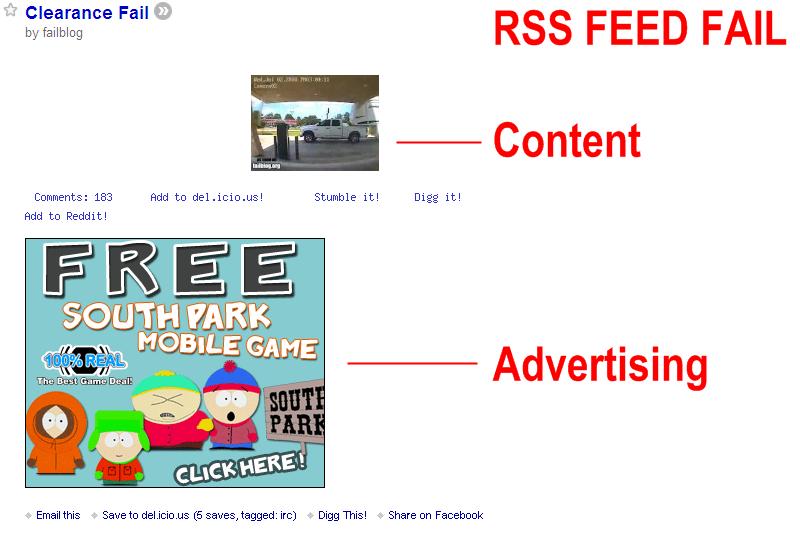Initial impressions of Chrome.
Don’t mind the interface, but did we really need another non-OS-standard Close button?
Seems to periodically pause, doing something under the hood. At first I thought half my tabs had crashed.
Renders nicely.
Has problems playing YouTube videos. Embedded clips don’t display. On Youtube itself, it says “Video not available”, even when it is. Umm, this is owned by Google. Odd.
OK with other Flash stuff though.
I kinda like the status bar which vanishes when you don’t need it.
Like the Home (most frequently visited pages) view, but how do I get back to it?!
Will keep playing as time allows.
Larry Dignan on ZDNet — Chrome first impressions
4:15pm. I was having trouble with both Youtube and Facebook claiming not to be available. Right now, www.youtube.com works (but only with the www), but claims every video is unavailable. www.facebook.com works (again, with the www), but fails during the logon process. Surely it can’t be some scheme to stop me wasting time?
For some reason it installs the application just for one user, into C:\Documents and Settings\USER\Local Settings\Application Data\Google\Chrome\Application … which means I’m going to have to jump through some hoops to get it installed for the kids on their user accounts.

